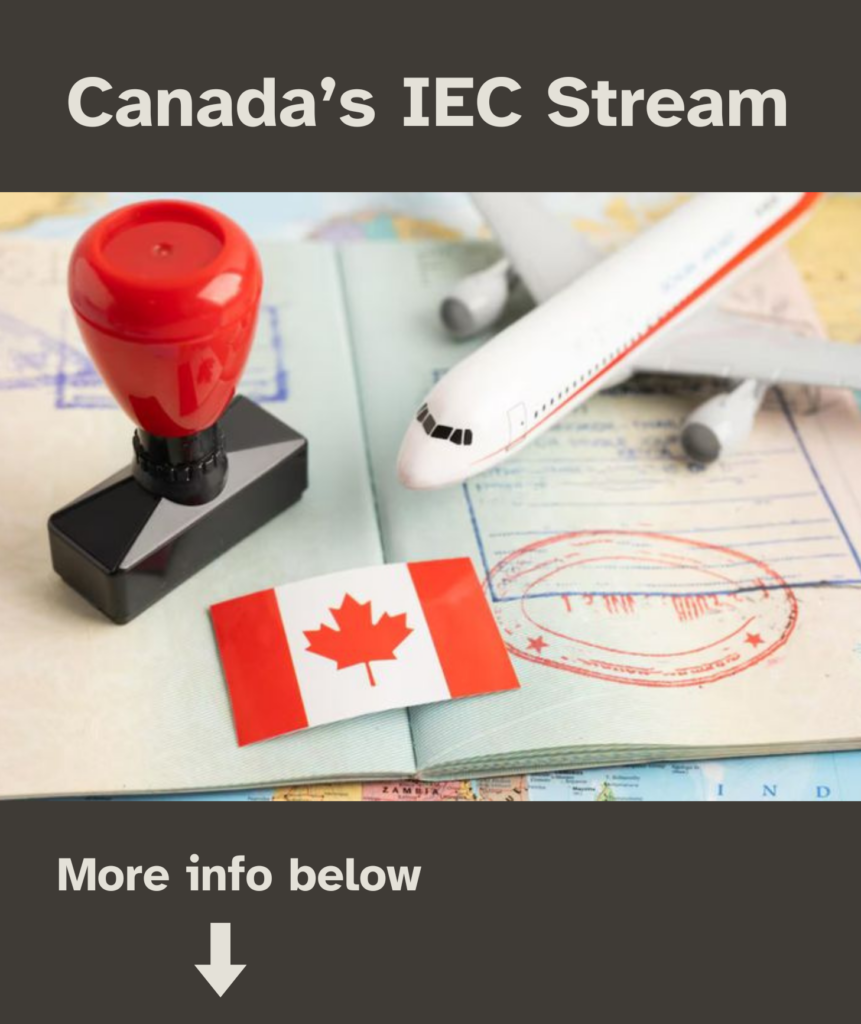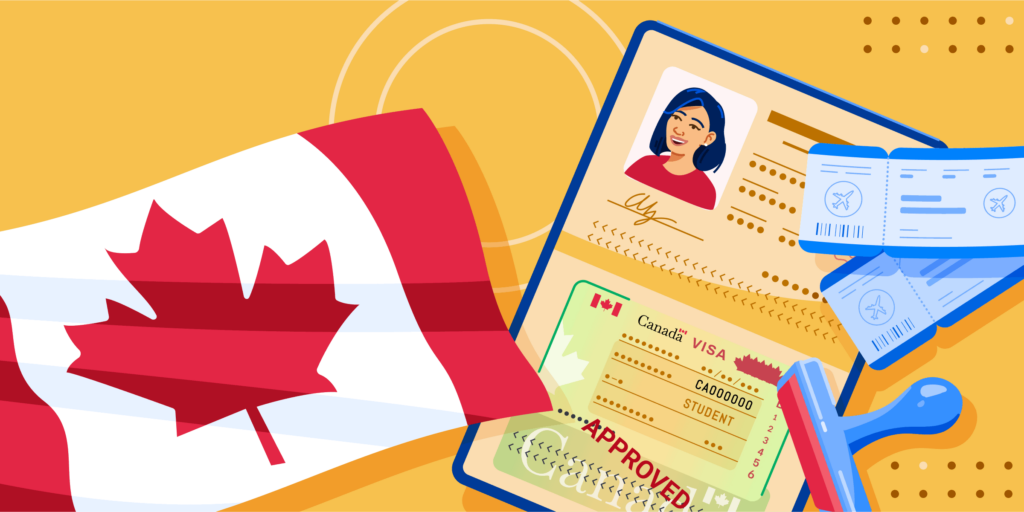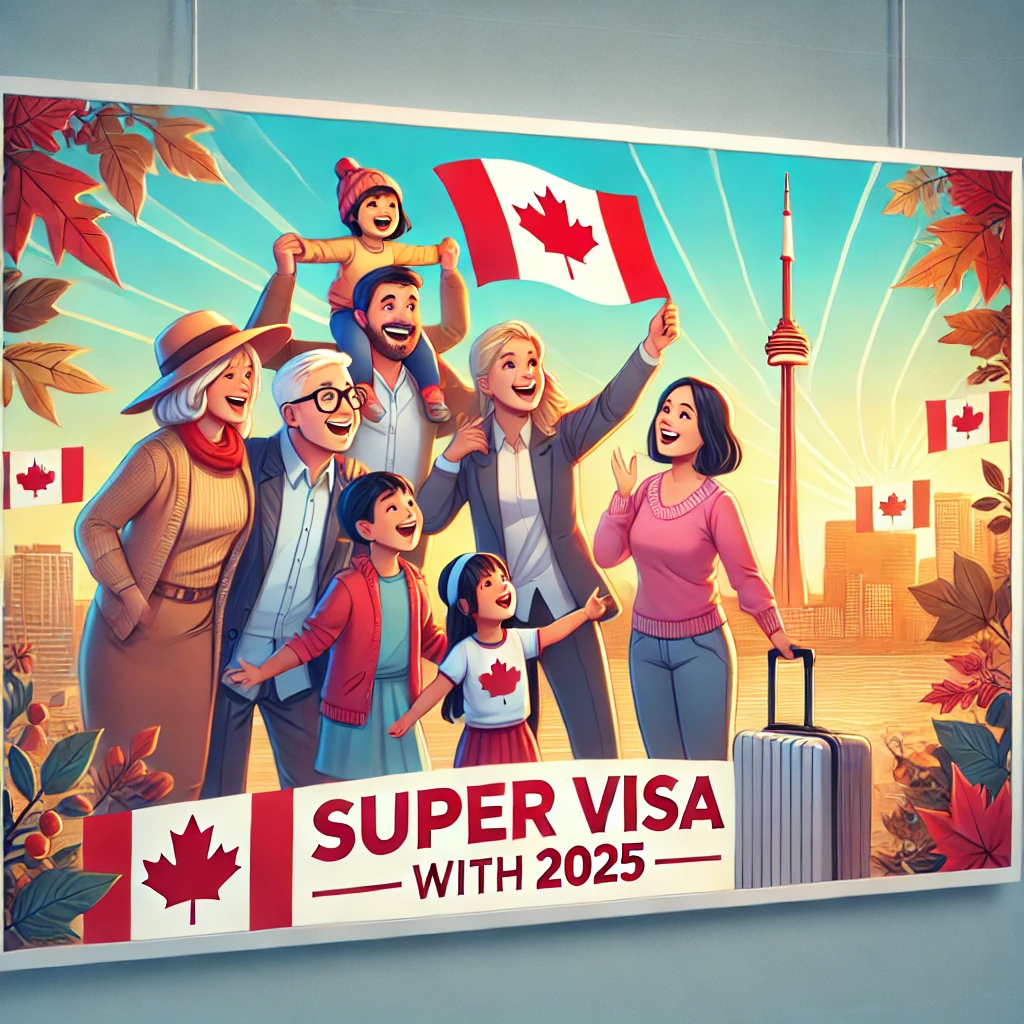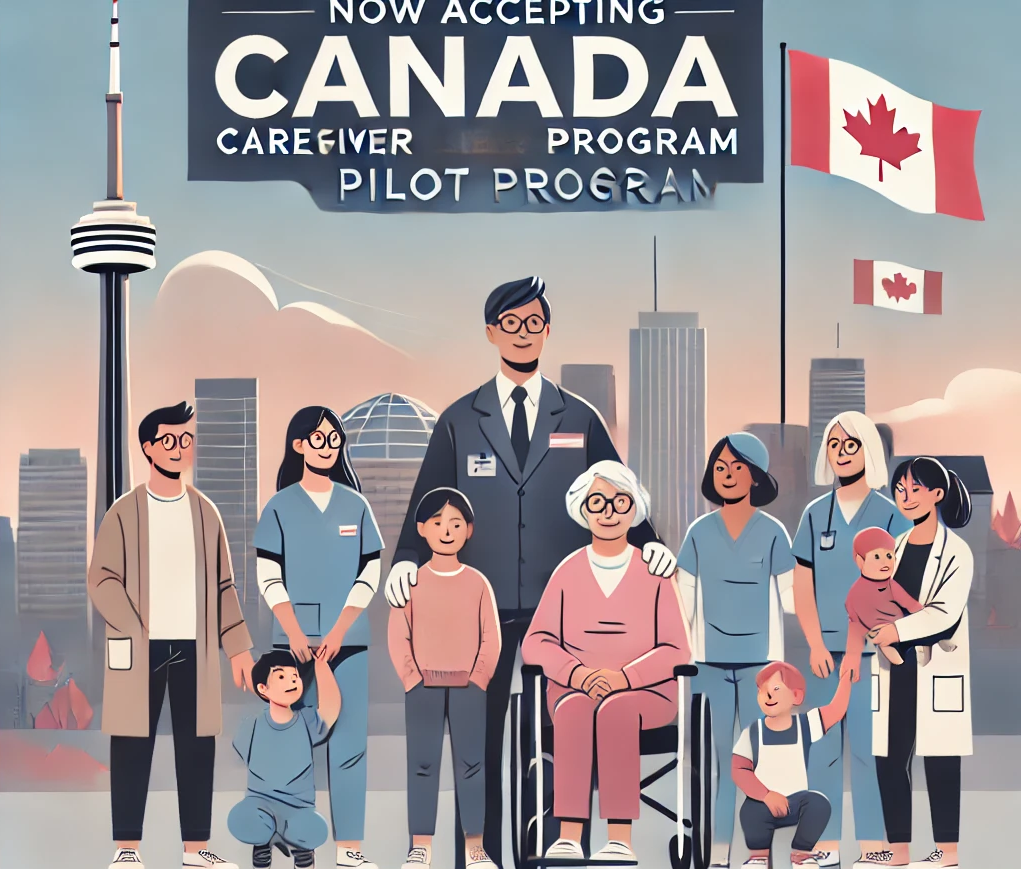
Canada’s International Experience Canada (IEC) stream: A Gateway to Work and Travel
International Experience Canada (IEC) provides a unique opportunity for youth from around the world to travel and work in Canada for up to two years. The program is open to international youth aged 18 to 35 and also allows Canadians in the same age group to participate. This exchange experience helps participants gain valuable work experience, explore Canadian culture, and create lasting memories.
There are three main categories under the IEC program:
- Working Holiday: This category allows participants to travel and work in Canada on a temporary basis, offering flexibility in choosing jobs and employers. It is perfect for individuals who want to fund their travel experience by working in various sectors across Canada.
- Young Professionals: This category is for youth seeking career-related work experience. Participants are employed in positions that align with their skills and qualifications, allowing them to grow professionally while immersing themselves in Canadian culture.
- International Co-op (Internship): This category is designed for students who need to complete an internship or work placement as part of their academic program. It offers a great opportunity for students to gain practical experience in their field of study.
The IEC program not only helps participants enhance their skills and broaden their cultural horizons, but it also opens doors for networking and building connections internationally. It’s a great way to experience life in Canada, contribute to the Canadian workforce, and create lifelong memories in a new environment. Whether you’re looking to grow professionally, fund your travels, or gain valuable international exposure, IEC provides a unique platform for youth to make the most of their time abroad.






